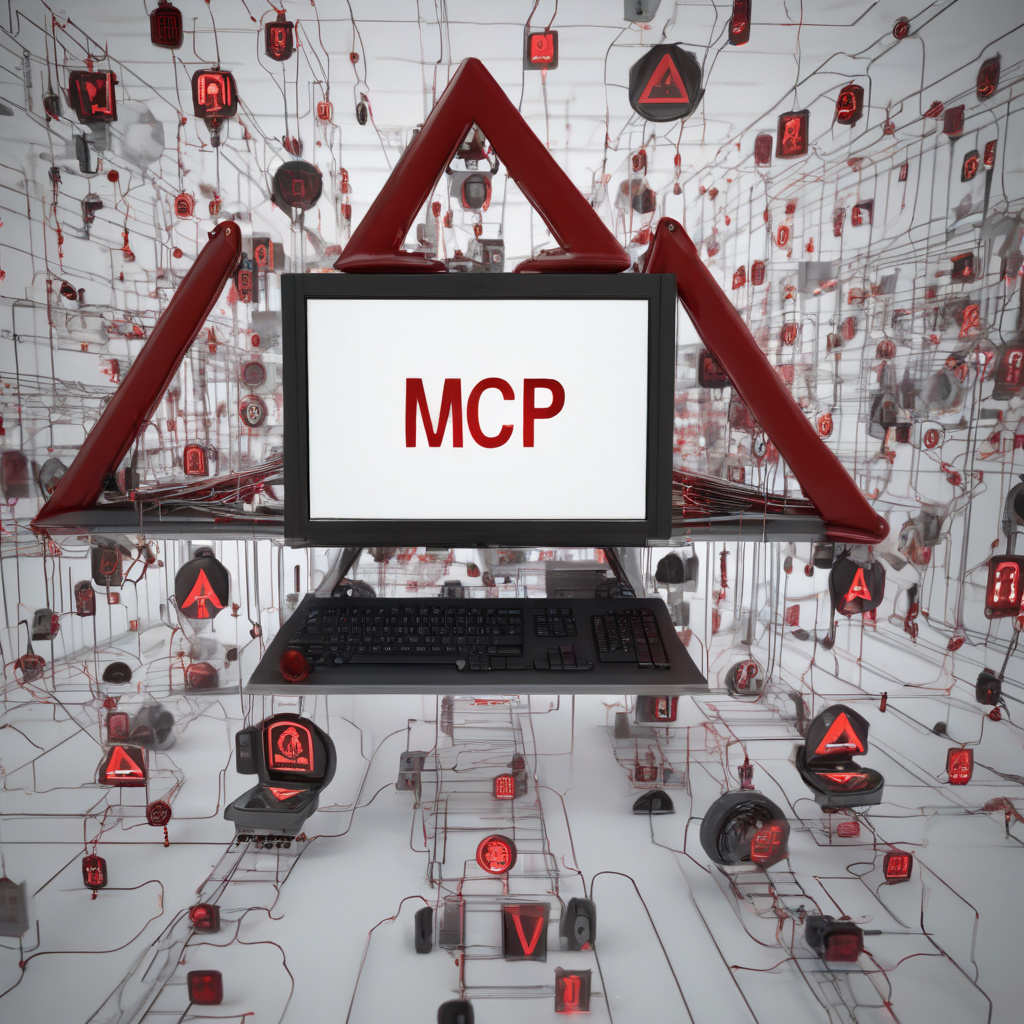In the ever-evolving landscape of cybersecurity threats, a recent discovery has sent shockwaves through the IT community. Cybersecurity researchers have unearthed a critical vulnerability within the open-source mcp-remote project, a popular tool utilized by countless developers. This vulnerability, identified as CVE-2025-6514, poses a severe risk by enabling threat actors to execute arbitrary operating system (OS) commands remotely.
With a staggering CVSS score of 9.6 out of 10.0, the gravity of this vulnerability cannot be overstated. Its potential impact is far-reaching, affecting over 437,000 downloads of the mcp-remote project. This means that a significant number of systems worldwide are currently exposed to exploitation, emphasizing the urgent need for swift action to mitigate this risk.
At the core of the issue lies the ability for malicious actors to exploit this vulnerability and trigger the execution of unauthorized OS commands on machines running mcp-remote. This capability opens the door to a host of nefarious activities, ranging from data breaches to system hijacking, with potentially devastating consequences for affected organizations.
The implications of this vulnerability extend beyond individual users to encompass entire networks and infrastructures. A successful exploit could lead to widespread compromise, compromising sensitive data, disrupting operations, and tarnishing the reputation of businesses and institutions. The ripple effects of such a breach could reverberate for years to come, underscoring the critical importance of addressing this issue promptly and comprehensively.
In response to this alarming discovery, developers, system administrators, and cybersecurity professionals must take immediate steps to secure their systems. This includes updating the mcp-remote project to the latest patched version, implementing network security measures, and conducting thorough audits to detect any signs of compromise. Additionally, organizations should educate their personnel about the risks posed by this vulnerability and reinforce best practices for maintaining a secure computing environment.
The proactive approach to cybersecurity is essential in today’s digital landscape, where threats are constantly evolving, and vulnerabilities lurk beneath the surface. By staying vigilant, informed, and prepared, IT professionals can safeguard their systems against potential exploits and fortify their defenses against malicious actors seeking to exploit weaknesses for their gain.
As we navigate the complex terrain of cybersecurity, collaboration and knowledge-sharing are key to staying ahead of threats and protecting the integrity of our digital infrastructure. By working together, pooling our expertise, and remaining adaptable in the face of adversity, we can overcome challenges such as the mcp-remote vulnerability and emerge stronger and more resilient in the ongoing battle for cyber resilience.

